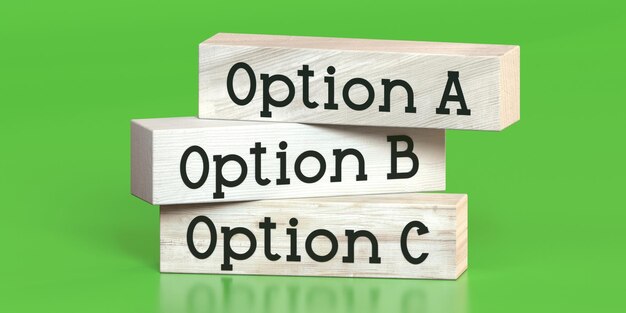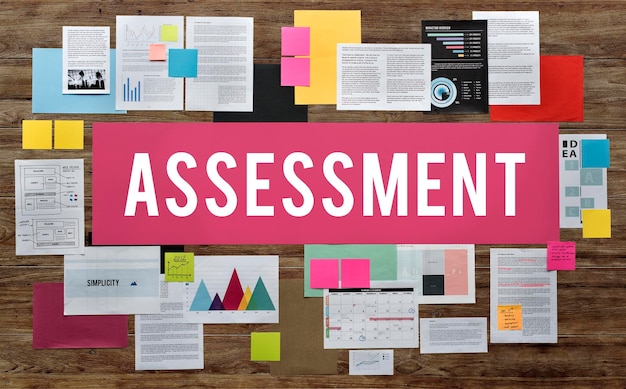key stage 4

key stage 4
Key Stage 4 is a stage of education in England, Wales, and Northern Ireland that typically covers students aged 14 to 16, corresponding to Years 10 and 11 of secondary school. It is a crucial period as students prepare for national qualifications such as the General Certificate of Secondary Education (GCSE) or other equivalent qualifications. Here’s a breakdown of Key Stage 4 education:

GCSEs (General Certificate of Secondary Education)
The main focus of Key Stage 4 is the completion of GCSE qualifications, which are examinations taken at the end of Year 11.GCSEs cover a wide range of subjects, including core subjects like English, mathematics, and science, as well as optional subjects chosen by students.
Core Subjects
English Language and English Literature: Continued development of reading, writing, and analytical skills.
Mathematics: Further study of algebra, geometry, statistics, and other mathematical concepts.
Science: Building upon Key Stage 3 science, students may take separate GCSEs in Biology, Chemistry, and Physics or a combined science GCSE covering all three disciplines.


Optional Subjects
Students usually have the opportunity to choose additional subjects based on their interests and career goals.
Optional subjects may include humanities subjects (e.g., History, Geography, Religious Studies), modern foreign languages, arts, design and technology, business studies, and more.
The availability of options may vary depending on the school or educational institution.
Preparation for Further Education or Employment
Key Stage 4 aims to equip students with the knowledge, skills, and qualifications necessary for further education, training, or employment.
Schools may provide careers guidance and support to help students make informed decisions about their future pathways.
Some students may choose to continue their education by pursuing A-levels or other post-16 qualifications, while others may enter vocational training or apprenticeships.


Assessment
Assessment at Key Stage 4 primarily involves external examinations for GCSE qualifications.
Depending on the subject, assessment methods may include written exams, practical assessments, coursework, and controlled assessments.
Grades achieved in GCSE examinations are important for progression to further education or employment opportunities.

